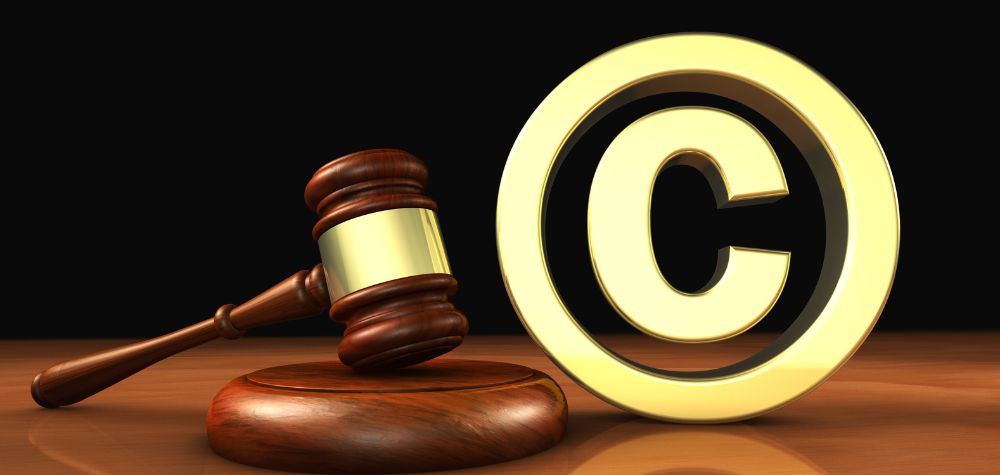Understanding Copyright Law

Copyright law serves as the cornerstone of intellectual property protection in Australia, safeguarding the rights of creators and promoting innovation and creativity.
Understanding copyright law is essential for individuals and businesses alike, as it governs the use and reproduction of original works.
Let’s look at the basics of copyright law in Australia and provide insights into its fundamental principles and implications.
What is Copyright?
Copyright is a form of legal protection granted to the creators of original works, including literary, artistic, musical, and dramatic works, as well as films, sound recordings, and broadcasts. Copyright grants creators exclusive rights to control the use and distribution of their works, allowing them to benefit financially from their creations and protect their intellectual property from unauthorised use.
Key Principles of Copyright Law in Australia
- Automatic Protection: In Australia, copyright protection is automatic and begins when an original work is created and fixed in a tangible form, such as writing, recording, or saving to a digital file. There is no requirement to register copyright or display a copyright notice for protection to apply, although doing so can provide additional evidence of ownership.
- Exclusive Rights: Copyright grants creators a bundle of exclusive rights, including the right to reproduce, publish, perform, communicate, and adapt their works. These rights allow creators to control how their works are used and to authorise or prohibit others from using them without permission.
- Duration of Protection: Copyright protection in Australia generally lasts for the creator’s life plus 70 years. For works with multiple creators or corporate authors, copyright protection lasts 70 years from the end of the calendar year in which the work was first published, performed, or communicated to the public.
- Fair Dealing and Exceptions: While copyright gives creators exclusive rights, there are limitations and exceptions that allow for the use of copyrighted works without permission in certain circumstances. Fair dealing provisions permit limited use of copyrighted works for purposes such as research, study, criticism, review, parody, satire, and news reporting, provided that the use is fair and does not unduly prejudice the rights of the copyright owner.
- Moral Rights: In addition to economic rights, Australian copyright law also recognizes moral rights, which protect the non-economic interests of creators in their works. Moral rights include the right of attribution (the right to be identified as the creator of the work) and the right of integrity (the right to prevent derogatory treatment of the work).
Implications for Individuals and Businesses
For individuals and businesses, copyright law has significant implications for creating, using, and exploiting intellectual property. Whether you are a creator seeking to protect your original works or a user seeking to use copyrighted material lawfully, understanding copyright law is essential for navigating the complexities of intellectual property rights.
For creators, copyright provides valuable protection for their creative works, allowing them to control how their works are used and to earn income from their creations through licensing, royalties, and other commercial arrangements.
For users, copyright law establishes the legal framework for obtaining permission to use copyrighted material and determining the scope of permissible uses under fair dealing provisions and other exceptions. Failure to respect copyright law can result in legal liability for copyright infringement, which may lead to financial penalties, injunctions, and other remedies.
Copyright law is crucial in promoting creativity, innovation, and cultural expression in Australia.
By granting creators exclusive rights to control the use of their works, copyright law incentivises the creation of original content and fosters a vibrant creative economy.
Whether you are a creator seeking to protect your intellectual property or a user seeking to use copyrighted material lawfully, understanding the principles and implications of copyright law is essential for navigating the complex landscape of intellectual property rights in Australia.




